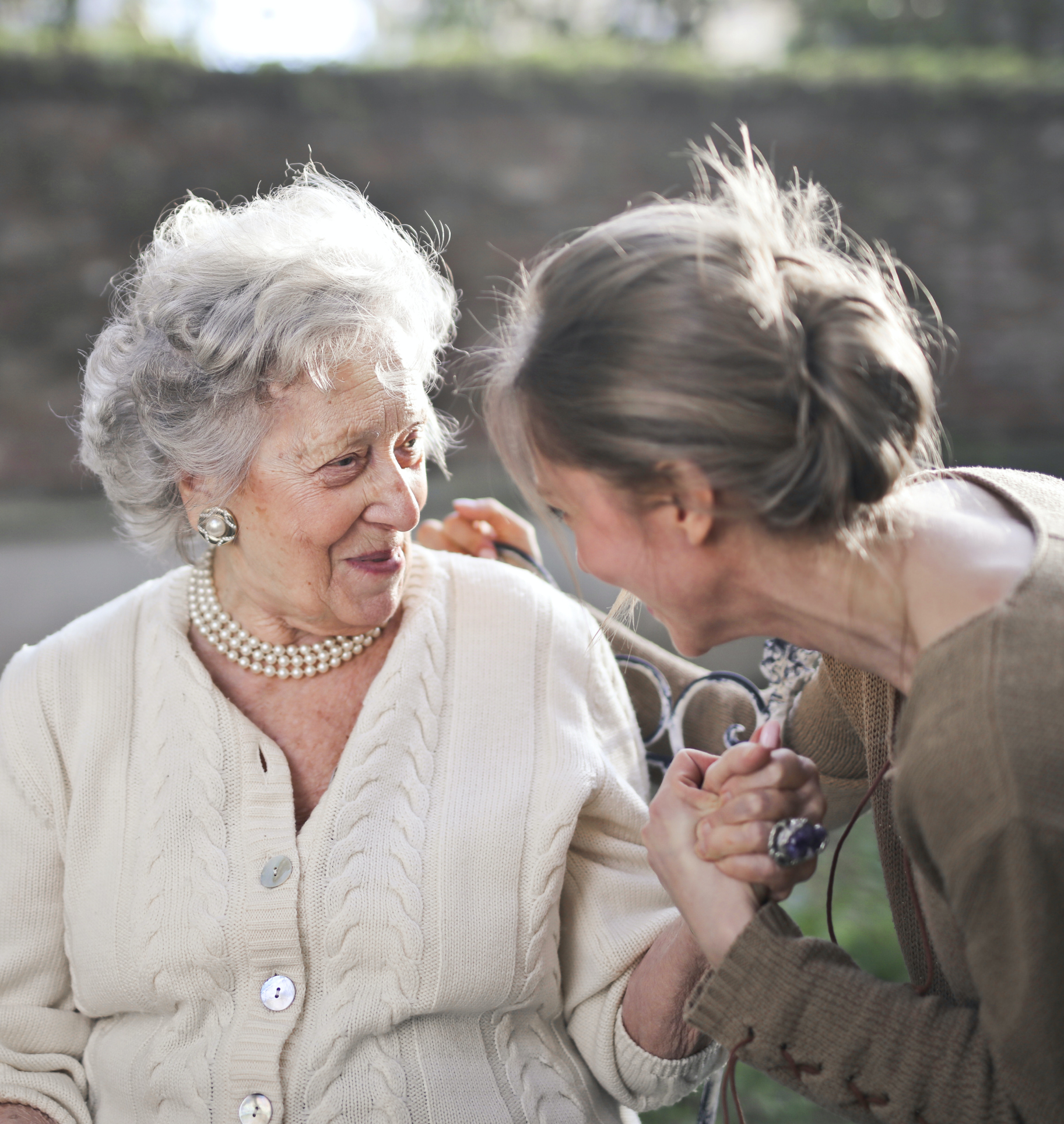The READyR Study
Using technology to assess dementia-related care needs
The READyR (REmote Assessment and Dynamic Response) intervention helps families assess current and future dementia-related care needs. Formerly known as the SHARE-sense study, the program addresses the needs of families living with and caring for persons with early-stage dementia, including Alzheimer’s.
READyR is unique because it uses in-home monitoring technology to identify potential care needs. This system of sensors and devices – based off the ORCATECH technology platform – monitors behavioral activity, such as walking speed or time spent together. Paired with information about care values and goals that is reported by participants, this system has the potential to paint a clearer picture of families’ current and future dementia-related care needs.
Trained research staff at the Layton Aging and Alzheimer’s Disease Research Center evaluate the data about behavioral activity and incorporate it into an improved assessment customized to the needs of each family. The aim of READYR is to help families identify and anticipate their needs in the coming years.
Twenty-four dyads - groups of two people consisting of someone living with early-stage dementia and their family care partner - are enrolled in the study. Participation lasts for 6 months. In addition to having in-home monitoring technology installed in their home, participants are interviewed about their family relationships, care values and preparation for the future.
Only ORCASTRAIT participants can join READYR. Learn more about ORCASTRAIT
The READyR study is led by Lyndsey Miller and the project coordinator is Shirin Hiatt.
For more information about the study or how to enroll, contact Shirin at hiatts@ohsu.edu or 503-494-3978, or Lyndsey at millerly@ohsu.edu or 503-494-3837.

Evolving care needs
By better understanding the present, investigational programs like READyR could help families plan for the future. Identifying behavioral activity patterns could help families determine how to set goals to support their care values, including activities like:
- How often to exercise or get outside
- When to arrange additional services or get help more help at home
- How much time to try to spend being independent or apart
- When to schedule times for waking up and going to bed
Other research studies
READyR is one of the pilot studies supported by ORCASTRAIT, a new initiative that is working to improve the health and well-being of caregivers. Learn more about ORCASTRAIT
One of those is STELLA, a telehealth program that educates and supports caregivers.
Find out how to join STELLA
ORCATECH has several research studies that are enrolling participants. View our current research